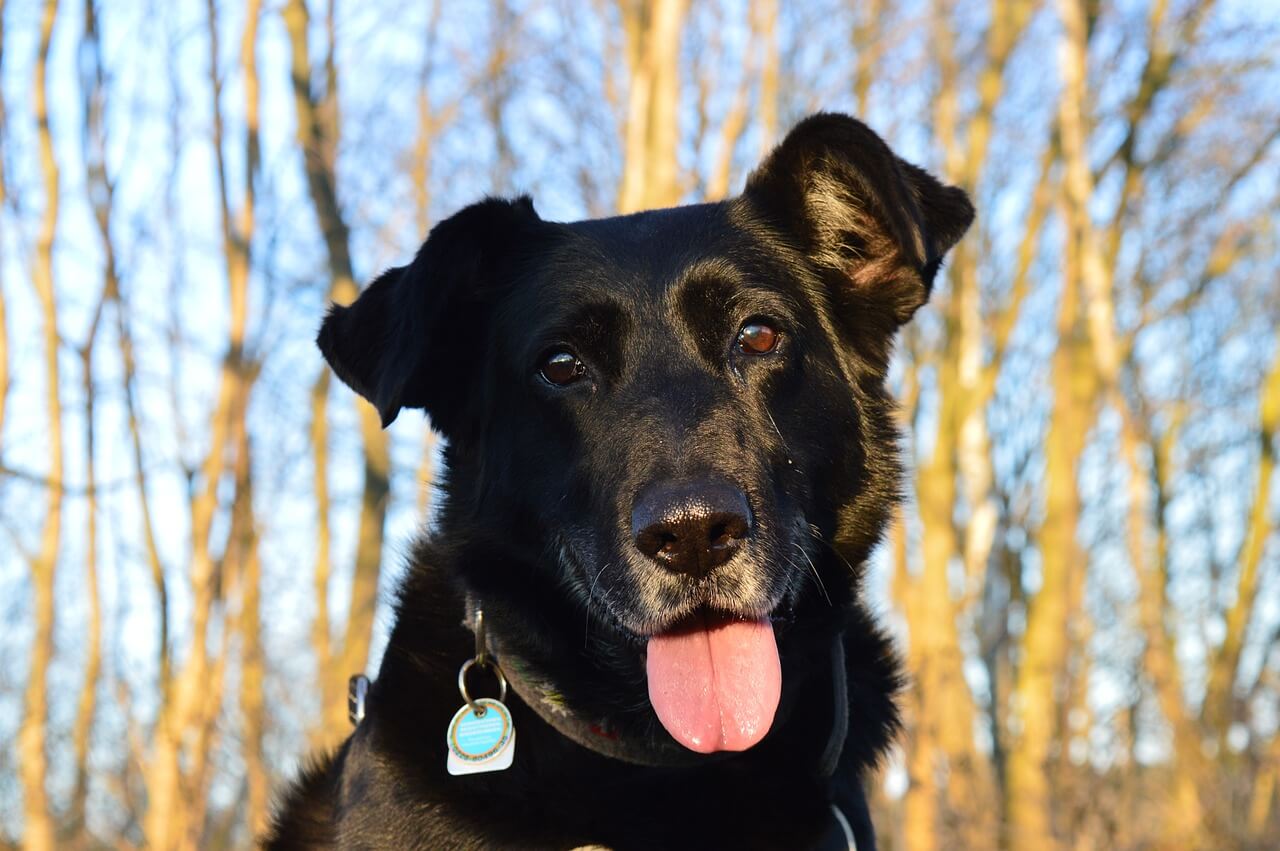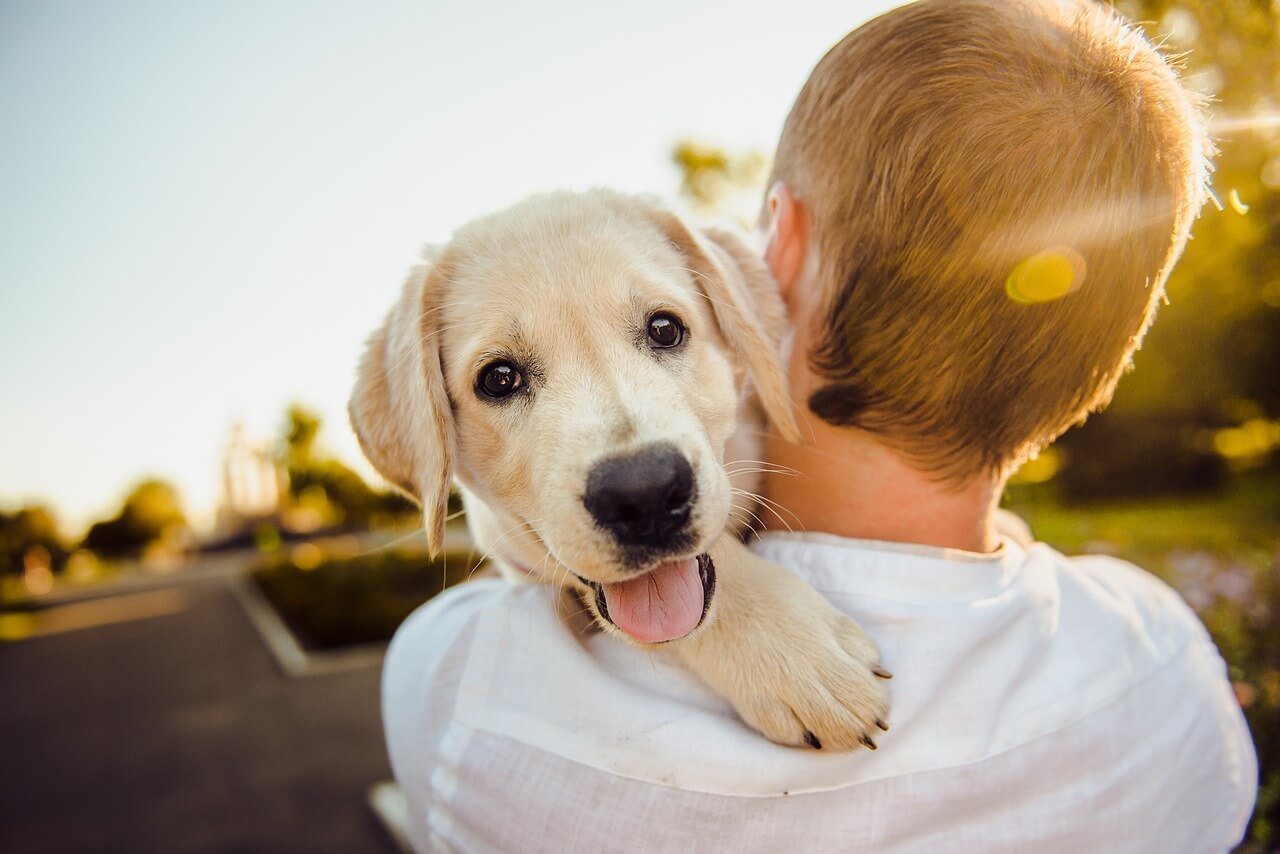As a dog parent, noticing your furry friend shaking can be alarming. Is your dog shaking out of excitement? Is there something concerning going on? It's important to understand the reasons, behind your friend's shaking, as it can often be a way for them to communicate their needs or show distress. In this guide we will delve into the causes behind this behavior decipher the messages they might be sending and discuss preventive measures you can take to ensure your pet stays healthy and happy.
Health and Behavioral Insights
A thorough grasp of your dog's health is paramount when addressing their shaking. Sometimes, the subtlest changes in behavior, like refusing food, could signal something amiss with their health. Recognizing these cues early can make all the difference.
Moreover having knowledge, about the lifespan of your canine companion is beneficial as it allows you to establish health expectations and take proactive measures, for their well-being. This understanding ensures that you are aware of any age-related health concerns or problems that could potentially lead to trembling.
But not all shakes are cause for alarm! Sometimes, it's sheer excitement or their response to environmental stimuli. The key lies in understanding your dog's body language. This silent language offers clues about whether shaking is a sign of stress, excitement, or underlying discomfort.
Health Concerns
Navigating the maze of your pet’s health can be daunting, especially when something as ambiguous as shaking occurs. While we may first suspect cold or anxiety, persistent shaking may indicate medical concerns that require our attention.
Health-Related Causes of Shaking
Shaking can be a symptom of various health issues. If your dog is refusing food or showing signs of distress alongside shaking, it's time to play detective. Are there any other symptoms present? These could range from digestive upset, noted by a refusal to eat, to more severe conditions such as poisoning, kidney issues, or neurological disorders.
It's crucial not to ignore these signs. Early recognition and intervention can drastically affect outcomes, considering the precious, albeit limited, time we get with our canine companions.
Pain and Discomfort
Sometimes, the cause of your dog's shaking is pain or discomfort. This feeling of unease may arise from wounds, internal discomfort, or the lingering effects of an operation. Shaking is their way of dealing with the pain indicating that it is essential to consult with a veterinarian to address any problems that could impact their well-being.
Fever or Illness
Just like humans, dogs can shake when they have a fever or feel unwell. A fever is often a symptom of underlying infections or diseases and should be addressed promptly. Additional symptoms might include lethargy, a warm nose, hot ears, or a dry cough.
Behavioral and Environmental Triggers
While health concerns are a serious matter, it's comforting to know that not all shaking indicates illness. Sometimes, the quivers are your dog's emotional responses or reactions to their environment. Decoding these can help you ensure your furry friend's emotional well-being and comfort.
Excitement or Nervousness
Just as people may tremble with excitement or anxiety, dogs do too! It's common to see your dog shaking during thunderstorms, fireworks, or social events with new people or animals. They might even start shaking in anticipation of enjoyable activities, like a walk or playtime. By observing how they carry themselves, you can gain insights, into their state and effectively alleviate any anxiety you may have.
Environmental Factors
Shivers and shakes can also be a simple reaction to the environment. Is it chilly? Your dog might be cold, especially if they're wet or exposed to drafty conditions. Conversely, they could be too hot. Make sure their living space has a comfortable temperature, and keep an eye out for possible discomfort triggers.
Attention-Seeking Behavior
Ever noticed your dog shaking lightly while maintaining eye contact or trying to cuddle? Some dogs cleverly use shaking to grab your attention. They might want comfort, play, or treats and have learned that shaking is an effective way to get you to respond!
Fears and Phobias
Unfortunately, our canine friends can develop fears and phobias. Whether it's a fear of being left alone or phobias of specific objects, these fears can cause your dog to shake uncontrollably. Identifying these fears and working on them, possibly with the help of a professional dog trainer, can improve your dog's quality of life significantly.
Comforting Your Shaking Dog
Witnessing your dog in a state of distress is heart-wrenching for any pet parent. Whether their shaking is due to health concerns, fear, or environmental factors, there are ways you can offer comfort and security. In the following we'll discuss measures to calm your shaking companion strengthening the trust and connection you have with them.
Create a Safe Space
Sometimes, all your dog needs is a quiet, secure area to retreat to when they're feeling overwhelmed. This space could be as simple as a cozy corner with acalming dog bedor a covered crate that serves as a personal sanctuary. It's their go-to spot for comfort, away from the hustle and bustle of daily life.
Use Calming Techniques
Familiarity and routine can work wonders. Speak to your dog in a soft, reassuring tone, or distract them with their favorite toy. Some dogs even find solace in aromatherapy or calming pet music. Identify what resonates with your pet and use it to help alleviate their anxiety.
Check for Physical Discomfort
If you suspect the shaking might be health-related, conduct a gentle inspection. Are there any visible injuries? Is their coat wet or their body too cold? Addressing these immediate discomforts can sometimes reduce or eliminate shaking. However, remember that unexplained, persistent shaking warrants a veterinarian's attention.
Training and Socialization
Proper training and socialization from a young age can prevent anxiety and fear-related shaking. To help your dog become more confident it's important to expose them to environments, different people and other animals, in a controlled way. This will allow them to build their confidence, over time. Additionally attending training classes can give you techniques to effectively manage their stress responses.
Medical Consultation and Regular Check-ups
Regular veterinary check-ups help catch health issues before they become serious problems. If your dog's shaking seems out of the ordinary or is accompanied by other symptoms, don't hesitate to seek professional advice. Taking action is crucial, for ensuring the well being and contentment of your pet.
Preventive Measures
While comforting your dog in moments of distress is crucial, prevention is equally powerful. By being proactive you can reduce the factors that cause your dog to shake ensuring a healthier life for your furry friend. Here are some strategies to prevent the situations that result in your dog's discomfort.
Consistent Veterinary Care
Regular veterinary visits are essential for your dog’s overall health. These routine check-ups can catch early signs of diseases that might manifest through shaking or other subtle signs. Staying updated with vaccinations and preventive treatments is equally important, as it helps ward off many conditions that can affect your dog's comfort and longevity.
Balanced Diet and Exercise
A balanced diet and proper exercise regime are fundamental to your dog's physical and mental health. An inadequate diet can result in health problems, some of which might lead to discomfort or trembling. Likewise, consistent physical activity assists, in keeping your dog's weight in check lowering the chances of encountering health issues while also providing relief from anxiety and stress.
Environmental Comfort
Ensure your dog’s daily environment is comfortable and safe. This means a cozy, warm place to sleep, access to fresh water, and an environment free of hazards like toxic plants or unsafe materials. Temperature-controlled spaces, especially during extreme weather, can prevent shaking from cold or heat stress.
Mental Health and Stimulation
Mental health is sometimes overlooked in pets, but it's vital. When dogs get bored or don't have stimulation they can become stressed and show signs like shaking. To prevent this make sure to keep your dog engaged by providing toys training sessions and opportunities, for socialization. This will help keep their minds active and reduce anxiety.
Emergency Preparedness
Have a plan in place for emergencies. Know the location of the closest 24-hour veterinary clinic, and keep a list of critical phone numbers (including the poison control hotline) accessible. Being prepared could save your dog’s life in a health crisis.
Conclusion
Experiencing the highs and lows of having a pet is an adventure that brings both happiness and challenges. When your furry friend shakes it's not a reaction; it's a way of communicating their needs and seeking understanding. Whether its health related concerns or emotional responses each shake offers insight, into your companions wellness. As their confidant you hold the responsibility of being their guardian and source of comfort.
Reference: https://www.akc.org/expert-advice/health/why-is-my-dog-shaking/





